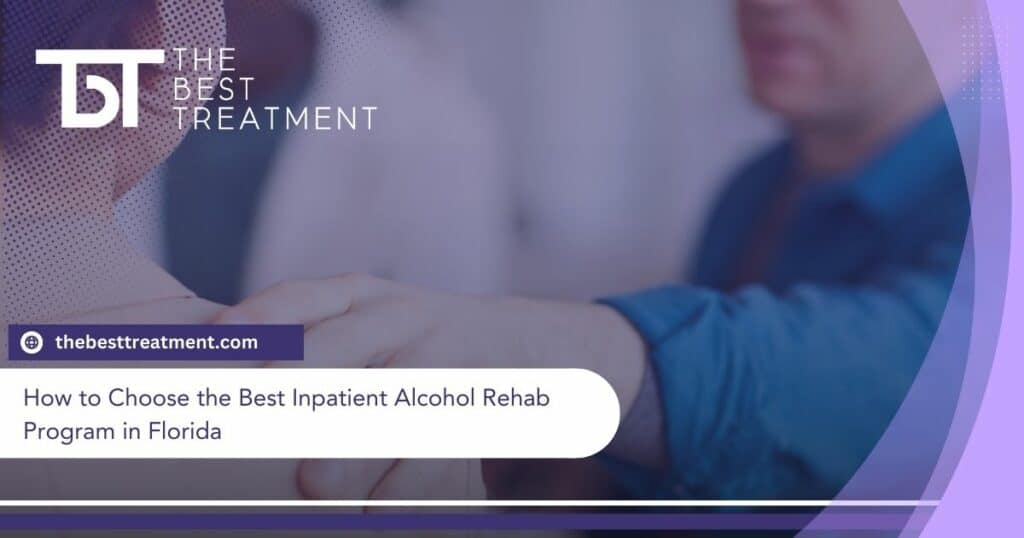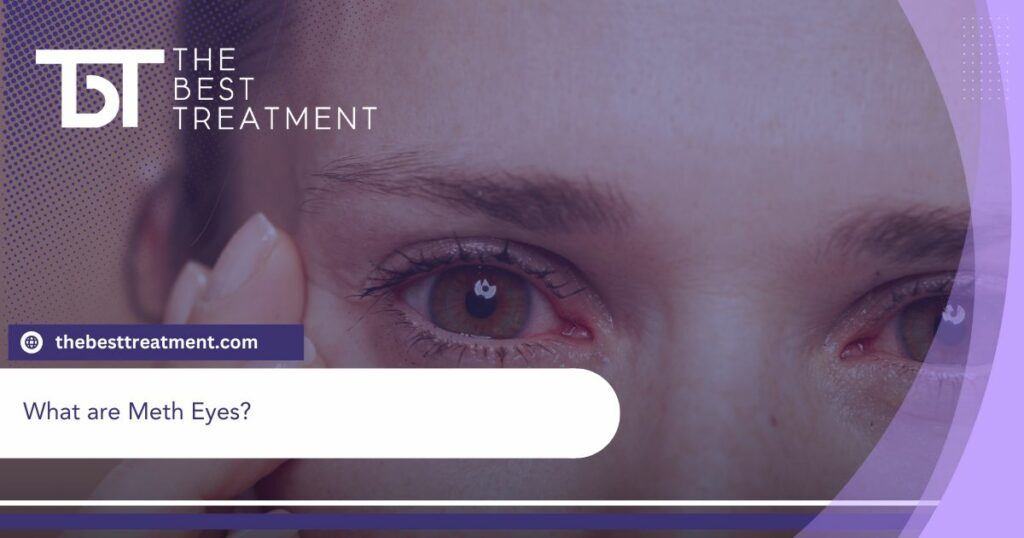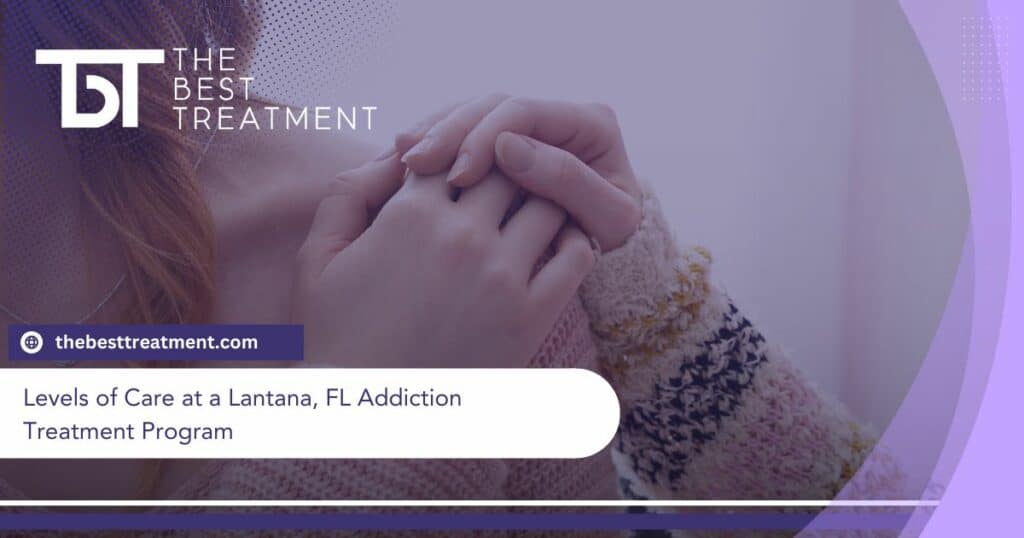Table of Contents
Addiction is a complex and chronic disease that affects millions of Americans each year. According to the Substance Abuse and Mental Health Services Administration (SAMHSA), 48.7 million people struggled with addiction in 2022.
If you have a substance use disorder, you must receive treatment from a drug and alcohol rehab center. Because everyone is different, there are varying levels of care to choose from. Your two main choices include inpatient and outpatient rehab.
People who need to continue living at home while they receive addiction treatment should choose outpatient drug rehab. That said, there are several types of outpatient treatment to choose from in Lantana. For example, there are partial hospitalization programs (PHPs), intensive outpatient programs (IOPs), and outpatient programs (OPs).
Types of Outpatient Rehab Offered in Lantana
Outpatient rehab programs offer many of the same services as inpatient treatment. For example, you will still receive one-on-one counseling, group therapy, and relapse prevention planning. The main difference is outpatient treatment centers allow you to live at home during your program.
There are several levels of care when it comes to outpatient treatment programs. Knowing what they entail will help you decide which is best for you.
Partial Hospitalization Program (PHP)
Partial hospitalization programs (PHPs) are the highest level of outpatient care. Typically, people attend treatment sessions 5 days per week several hours at a time. If you need intensive services on an outpatient basis, this program is right for you.
PHP uses evidence-based therapies like cognitive behavioral therapy (CBT). These treatments allow you to change negative behavioral patterns that exacerbate addiction. Additionally, you might participate in support groups with your family members to improve your relationships.
In addition to therapy, PHP emphasizes relapse prevention planning. You will learn how to maintain sobriety outside of a treatment facility. Often, people use 12-step meetings like Alcoholics Anonymous (AA) to stay connected to a recovery community.
Intensive Outpatient Program (IOP)
Intensive outpatient programs (IOPs) are one step down from PHPs. These rehab facilities still offer intensive services on a less frequent basis. Typically, IOP asks you to attend treatment sessions 3 to 5 times per week for a couple of hours each day.
Intensive outpatient programs use individualized treatment plans to ensure you receive the support you need. This means doctors will assess you to determine how many days per week you need treatment and how long your program should last.
Common services provided during IOP include:
- Individual therapy
- Group counseling
- Addiction education support groups
- Family therapy sessions
- Relapse prevention planning
- Aftercare services
Outpatient Program (OP)
The least intensive form of outpatient treatment is standard outpatient programs (OPs). Most people who attend an OP have already completed a higher level of care, like inpatient treatment or PHP. However, those with mild substance use disorders might find success in OP as a standalone treatment.
Additionally, OPs are ideal for people who need to continue working full-time jobs. Usually, you attend treatment sessions three times per week. This allows time for you to care for your outside responsibilities while still receiving support.
Outpatient programs mainly focus on individual therapy, group counseling, and relapse prevention planning. You must be highly motivated in sobriety to be successful in an outpatient program.
Why Choose Outpatient Addiction Treatment in Lantana?
While inpatient rehab can be incredibly beneficial, some individuals need outpatient services. For example, if you need to continue working during treatment, inpatient is not an option. Additionally, if you would feel more comfortable living at home, outpatient is your best choice.
The main reasons to choose an outpatient rehab center in Lantana include:
Maintaining Employment
Outpatient rehab programs often work with your schedule to create a treatment plan. If you have certain hours of the week that you must work, your treatment center will account for that. Additionally, many outpatient rehabs offer evening or night sessions to those who work during the day.
If you have a family to care for and bills to pay, outpatient rehab is a great option. These programs allow you to receive the support you need without requiring you to take time off of work.
Living at Home
Some people need to be removed from their home environment to recover. People with unstable living environments should always choose an inpatient rehab. However, if you are someone with a supportive home, you might benefit from living in a familiar space.
Outpatient rehab allows you to live in the comfort of your own home during treatment. You will be able to stay close to your family and receive support from them during recovery. Outpatient rehab only requires you to come to the facility during your treatment sessions for a few hours at a time.
Lower Cost
Inpatient treatment can be incredibly expensive. Not only do you have to pay for treatment, but you have to pay for housing and food as well. By choosing an outpatient treatment center, you get rid of extra costs like housing and food.
Outpatient treatment is the cheapest option when it comes to addiction recovery programs. If you are paying out of pocket, you might want to consider whether outpatient rehab will work for you.
More of a Focus on Family
Because you remain living with your family during outpatient rehab, you can receive support from them. Outpatient treatment centers often consider this by incorporating family therapy. Addiction is described as a family disease, so therapy can be beneficial for the entire family.
Get Connected to Highly Rated Outpatient Treatment in Lantana
If you or a loved one suffers from addiction, it’s time to consider professional help. Outpatient rehab centers in Lantana like The Best Treatment can provide the support you need to recover.
Contact us today to learn more about our outpatient rehab programs.
Medically Reviewed: September 25, 2019

All of the information on this page has been reviewed and verified by a certified addiction professional.










